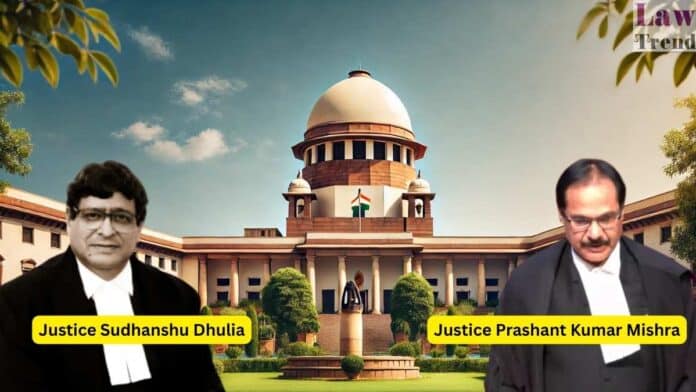In a judgment delivered on 2 May 2025, the Supreme Court of India upheld the conviction of three individuals for criminal contempt for forging and submitting fake interim orders purportedly issued by the Madras High Court. While affirming their guilt, the Court described the act as “one of the most dreaded” forms of contempt, stating
To Read More Please Subscribe to VIP Membership for Unlimited Access to All the Articles, Download Available Copies of Judgments/Order, Acess to Central/State Bare Acts, Advertisement Free Content, Access to More than 4000 Legal Drafts( Readymade Editable Formats of Suits, Petitions, Writs, Legal Notices, Divorce Petitions, 138 Notices, Bail Applications etc.) in Hindi and English.




